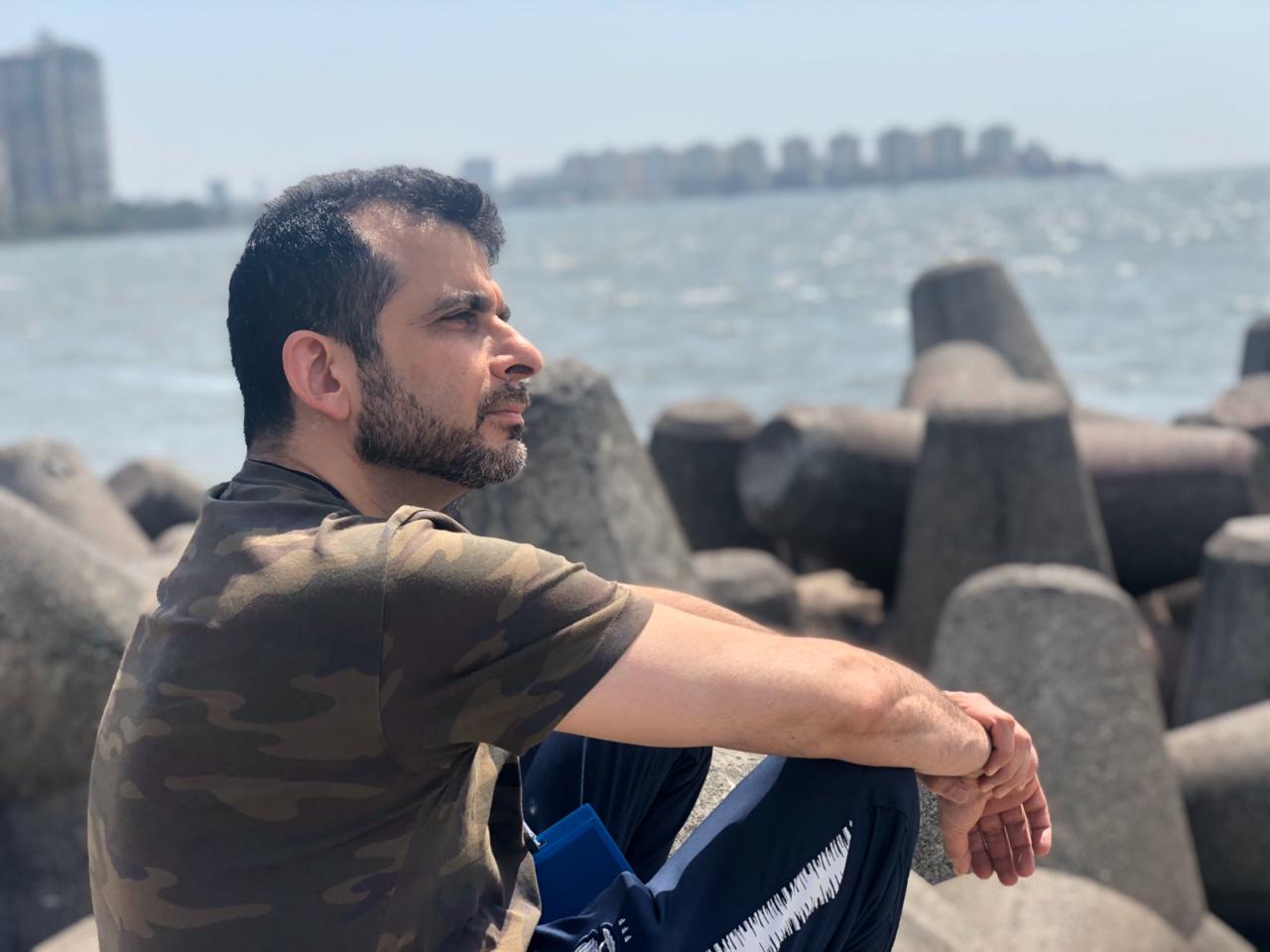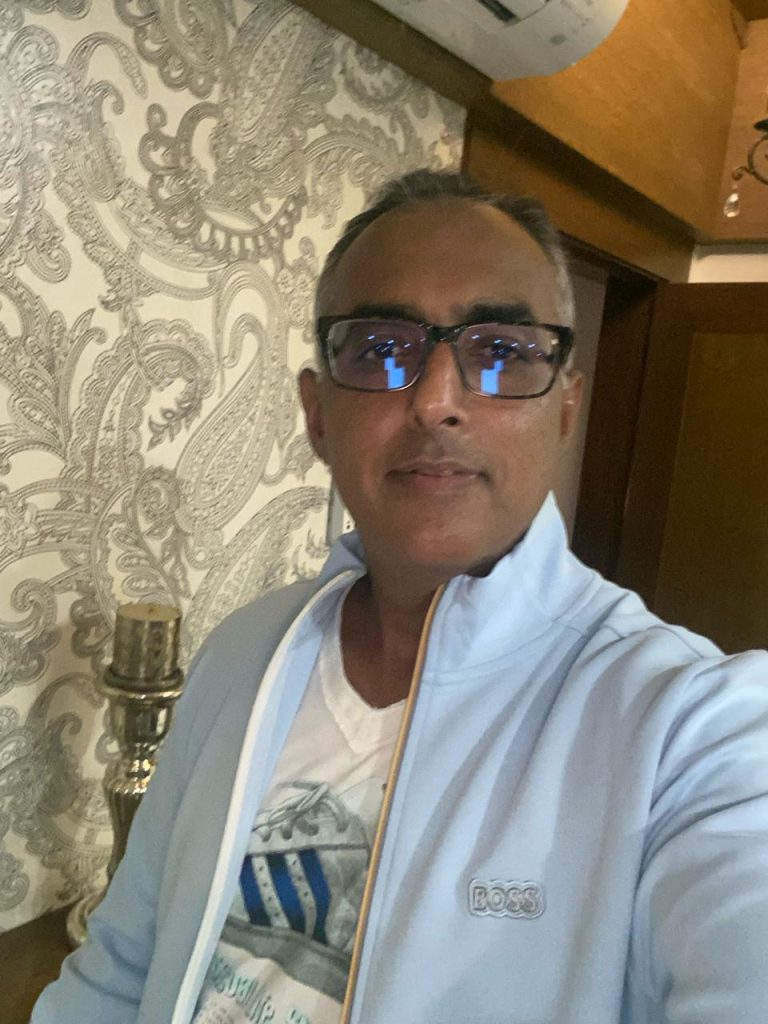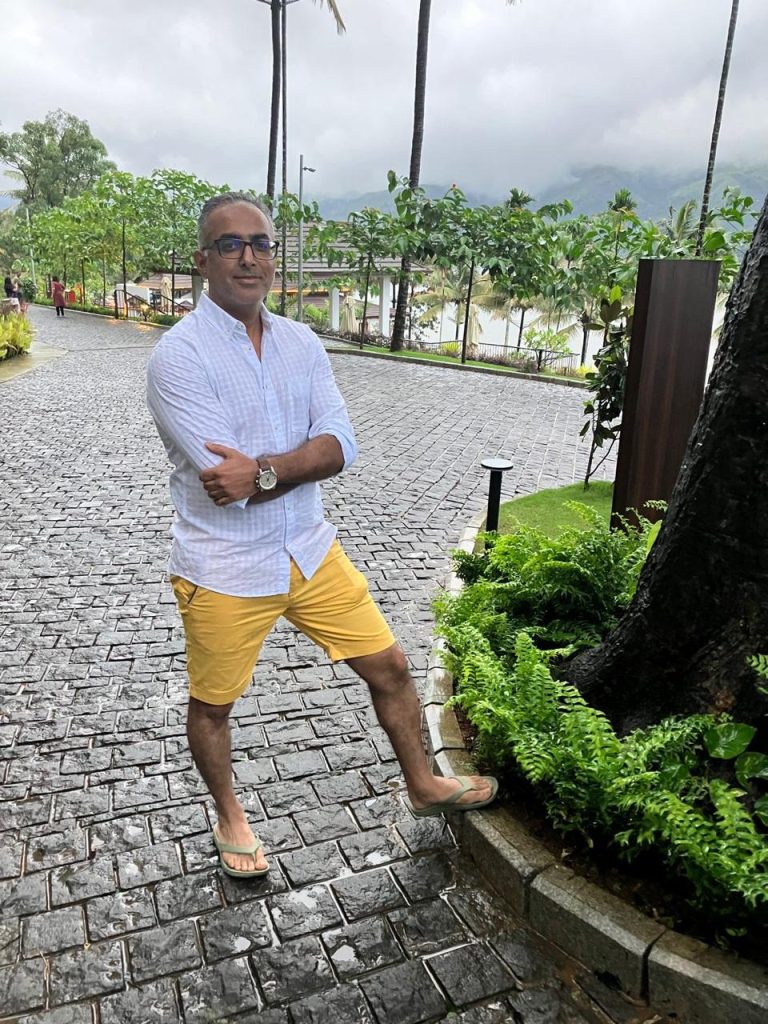(September 3, 2024) Landing in Stockholm for the first time, entrepreneur Gautami Dahiya felt inexplicably at home. She found herself captivated by the Swedish way of life, its festivals and how in tune with nature they were. She founded the eco-luxury beauty brand SKÖG, which means “forest” in Swedish, a vegan luxury skincare brand inspired by their way of life. This resonated with her own philosophy. Today, the eco-luxury beauty entrepreneur uses exotic ingredients like birch sap, cloudberry, bjork, elderflower and petitgrain for its organic products. Available as a niche beauty product across India and other countries, with a focus on Singapore and Hong Kong, plans are afoot to open retail stores as well.
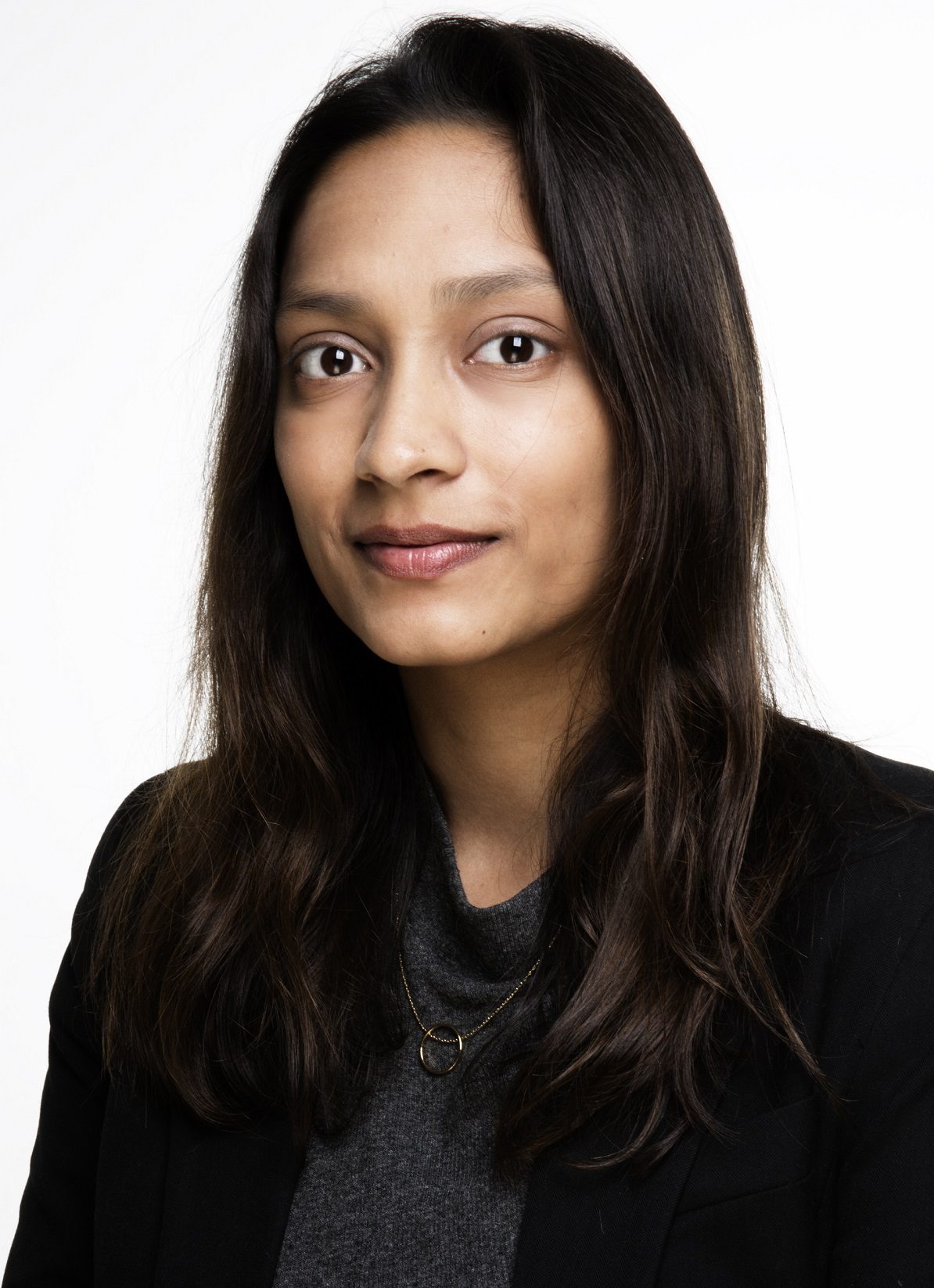
Gautami Dahiya
Growing up with sensitive skin, Gautami learned from her mother to stay away from commercial products. Instead, she became accustomed to natural ingredients – honey, yogurt and almond flour. “After I went abroad, my skincare routine involved going to grocery stores and picking up different ingredients,” she says. “Even if I could find nothing, I would buy an avocado, mash it up and put it in my hair,” the eco-luxury beauty entrepreneur told Global Indian.
Catwalks in the Eiffel tower to high-end art
Gautami left Delhi when she was 18 to study fashion business at the Manchester Metropolitan University, and then to the Istituto Marangoni in Paris. After that, she studied strategic entrepreneurship and innovation at King’s College in London. Although starting her own business had always been at the back of her mind, the organic beauty entrepreneur went on to intern with various fashion brands, and was even part of the first catwalk on the Eiffel Tower. “I tried a lot of things and realised I like business development, and expanding creative businesses,” she says. In Sweden, she began working with Humans Since 1982, a Stockholm-based art studio that creates high-end kinetic art. “When I joined it was a very small team. When I left, it was the largest, most commercially successful artist studio in Europe,” she says.
Selling luxury art, Gautami continued doing what she always did – searching for natural ingredients. She found, to her delight, that Sweden had a wealth to offer. “People there are so in sync with nature, it blew me away,’ says the organic beauty entrepreneur who loved that at the start of spring, the Swedes visit forests to tap the birch trees for sap. The slightly sweet, silky sap has been consumed for centuries and is used in cosmetics and other skincare products. To Gautami, it was a revelation. “I had no idea birch sap was such an ancient ingredient,” she laughs, adding, “I thought I was the first to discover it! I only learned later that the Vikings used it!” She was also fascinated by cloudberry, grown in temperatures as low as -40, and full of vitamins. “Not only does it grow in such extreme conditions but it’s also full of nutrients,” says the eco-luxury beauty entrepreneur.

Barking up the right sap!
Birch sap and cloudberries are the star ingredients in her products – In 2018, Gautami began whipping up recipes from her home kitchen. “I would put the ingredients together and blend them with a hand mixer,” says the organic seeker who began collaborating with a manufacturer, to meet the exacting standards of sanitation and hygiene. The idea was to create a product that truly was all-natural and toxin-free. “I even hand-printed the labels,” recalls the eco luxury beauty entrepreneur.
Finding the right blends, creating the perfect fragrances – these details took months to perfect. “Imagine you wake up at 5 am in a forest or on a mountain top, the coolness you feel, the fragrances that greet you. That’s the sort of essence we’re looking to recreate,” she explains. The products are priced between Rs 1,000 and Rs 2,500, available on e-commerce platforms as well as on the SKOG website.
Rediscovering her roots
The company was eventually registered in India, where Gautami spent the pandemic with family, unable to return to Sweden. The eco luxury beauty entrepreneur who loved growing up in Delhi, remembers telling her sister as a young girl that she wanted to be a businesswoman. “I would dream of seeing my name in the Forbes Under 30 list,” she smiles. With SKÖG, she had a high-end line of products completely natural and certified by PETA. Transparency is also key. The eco luxury beauty entrepreneur believes that this is the future of the beauty industry.
A sustainable future?
“I would also like to collaborate more with the art world because I love art People don’t just want to buy a product, they’re investing in an experience,” explains the eco luxury beauty entrepreneur, adding, “We want the person to open the box and have an experience.”

Finding balance
Not one to shy away from hard work and long hours, balance is key. Gautami grew up watching her parents meditate and learned the importance of it. Today, it’s a non-negotiable part of her day. “I’m not proud of this but I’m a bit of a workaholic. For the past 10 years, I have been meditating 15 minutes a day – it has done wonders to keep my head and emotions in place. I think there is no amount of medicine or any remedy that can do what a few moments of meditation achieve. It keeps my energy levels high and my brain active,” says the eco luxury beauty entrepreneur. Her father and sister are architects and interior designers while her mother teaches meditation and also runs the Spiritual Self Foundation. “I get all my calm, peace and meditation skills from her, really,” Gautami explains. She is married to Harsh Dahiya, an award-winning entrepreneur who founded the Harvesto Group.
Besides, Gautami’s penchant for whipping things up in the kitchen makes her a talented cook. “I love to explore new food. I try to spend as much time as I can with my family. Now, I’m looking at perhaps having two bases, one in India and another in Europe,” the eco luxury beauty entrepreneur concludes.
- Follow Gautami on LinkedIn



 Priya Arora[/caption]
Priya Arora[/caption] Rama: A Man of Dharma, is scheduled for international release in February 2025[/caption]
Rama: A Man of Dharma, is scheduled for international release in February 2025[/caption]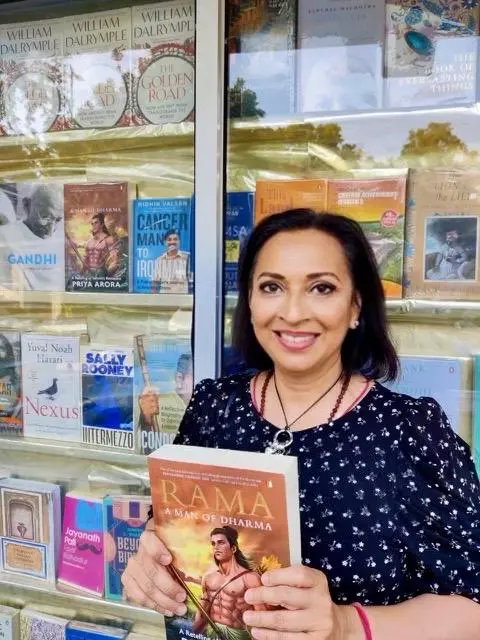
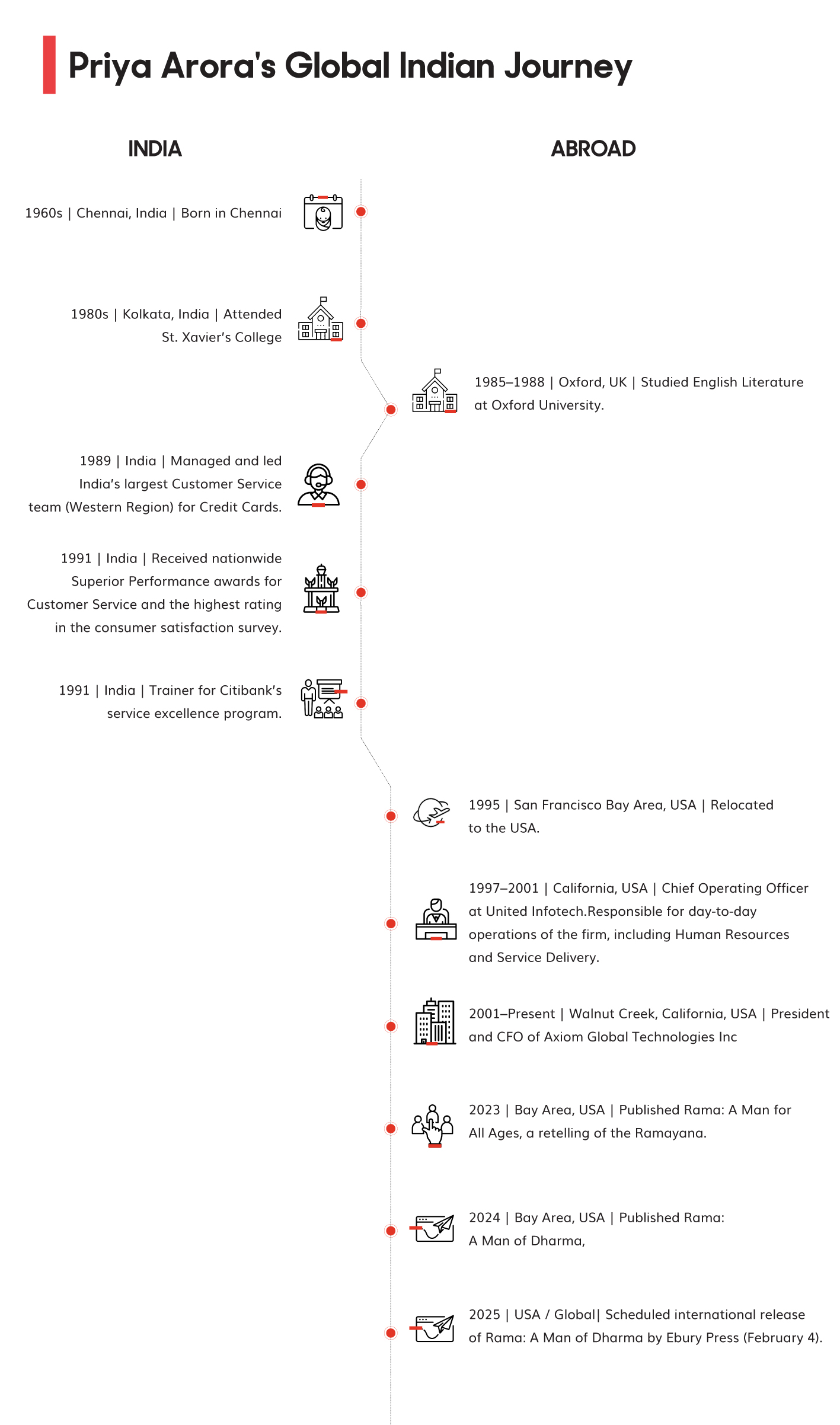

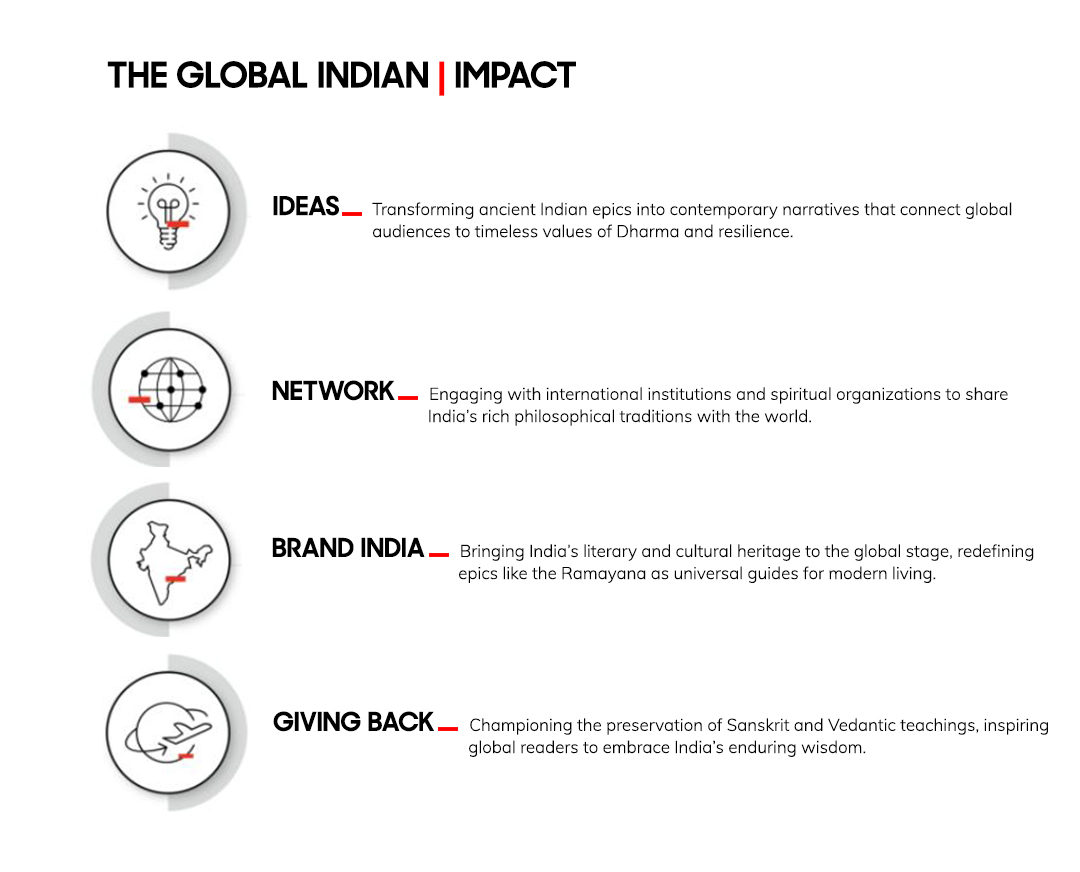
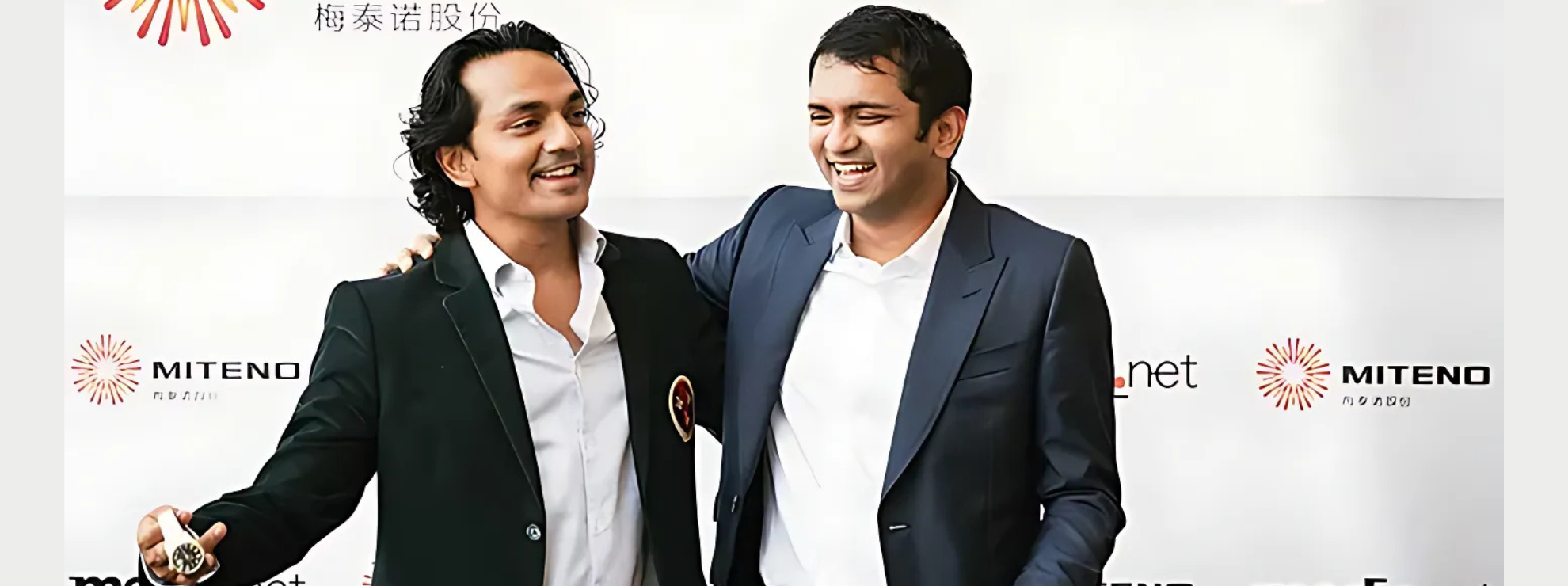
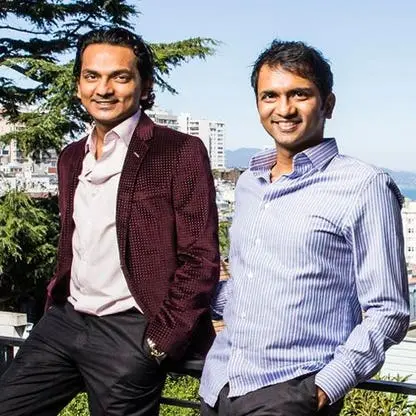 Divyank and Bhavin Turakhia[/caption]
Divyank and Bhavin Turakhia[/caption]
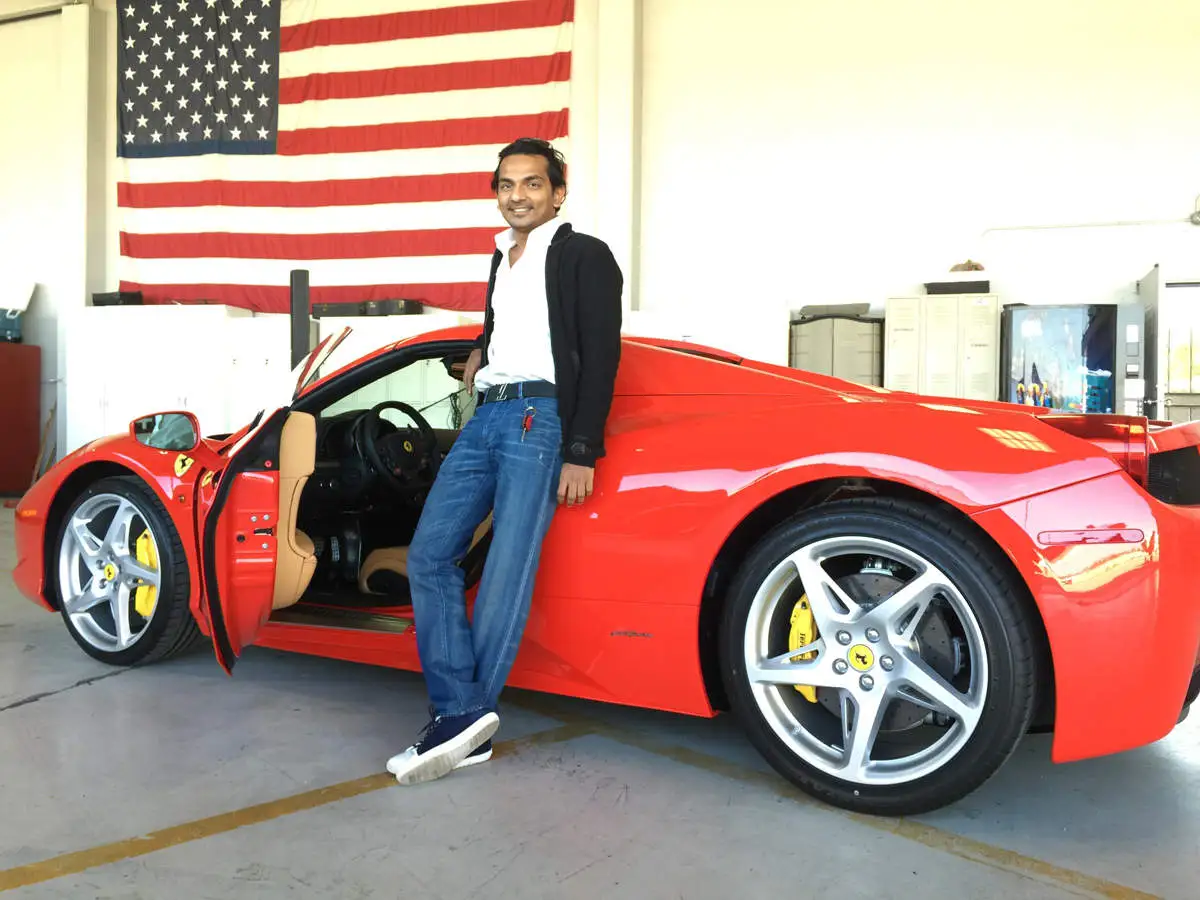
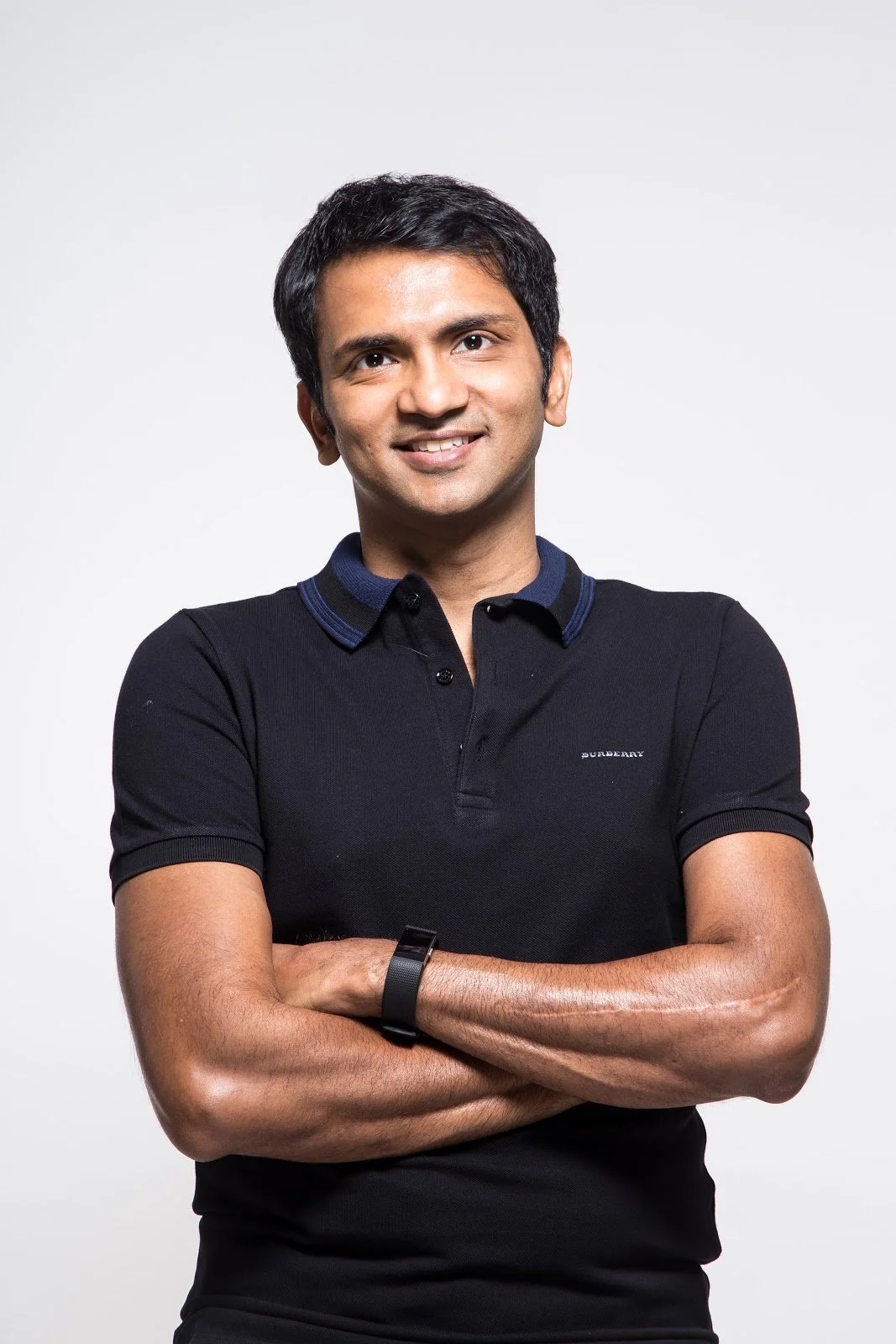 Bhavin Turakhia[/caption]
Bhavin Turakhia[/caption]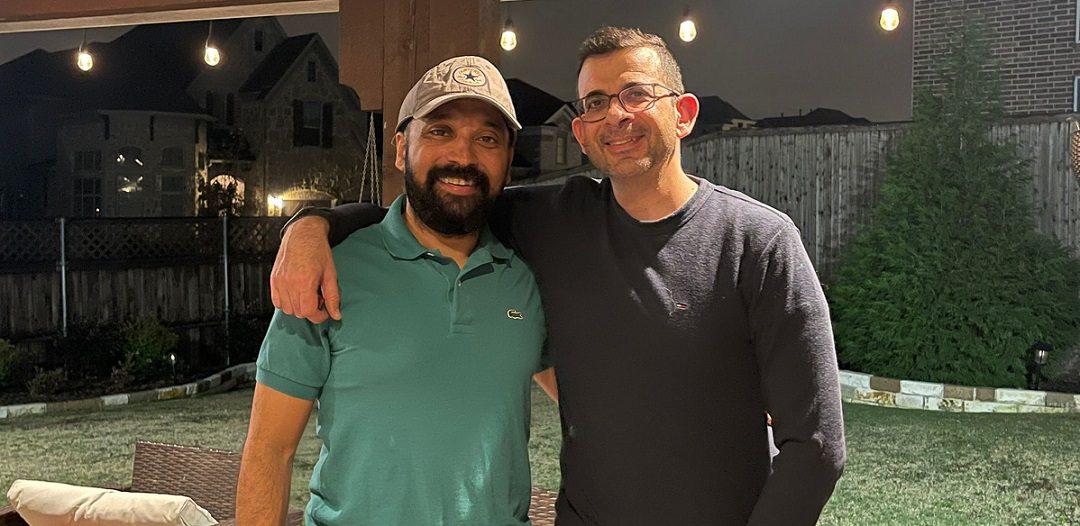
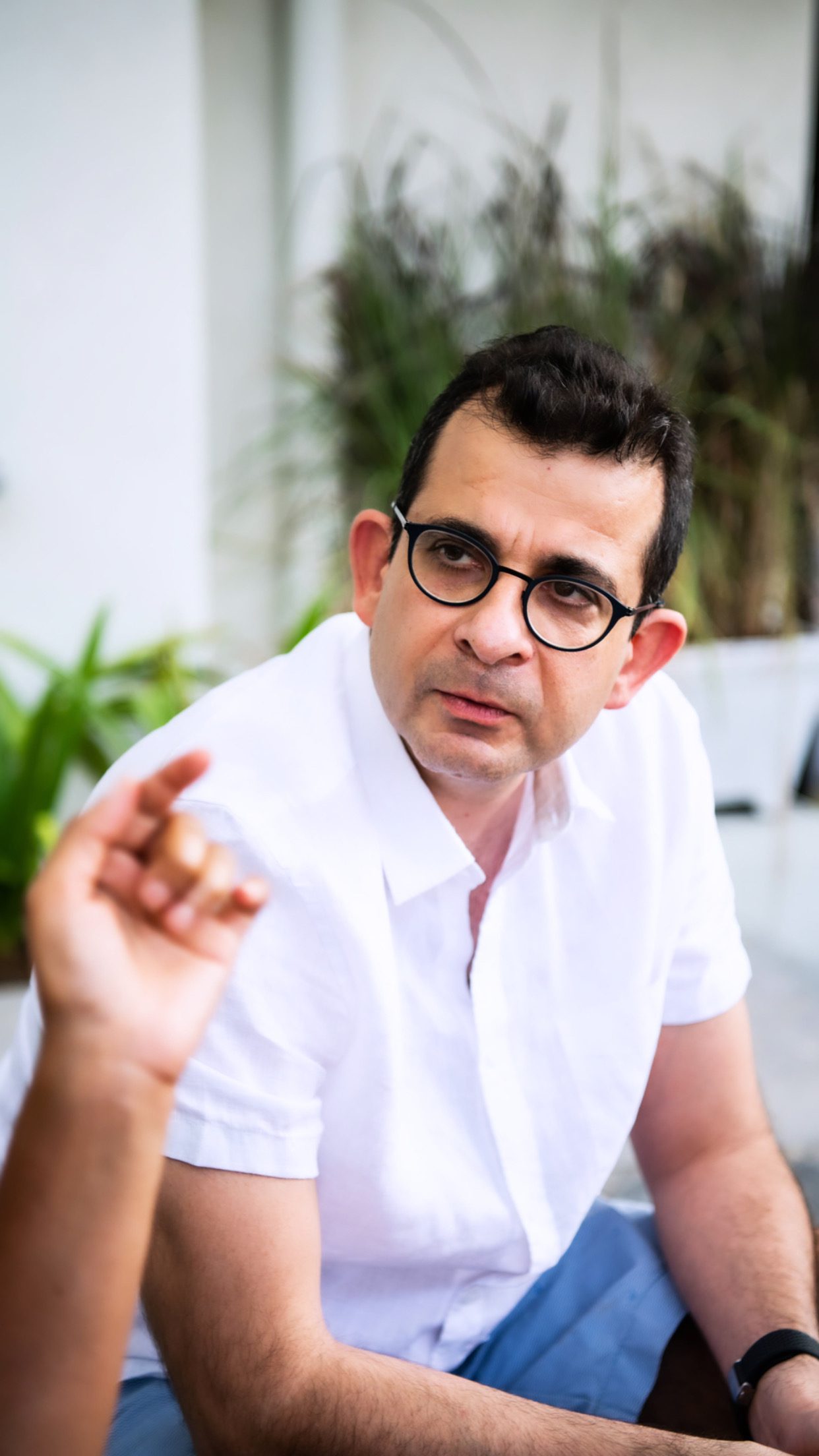
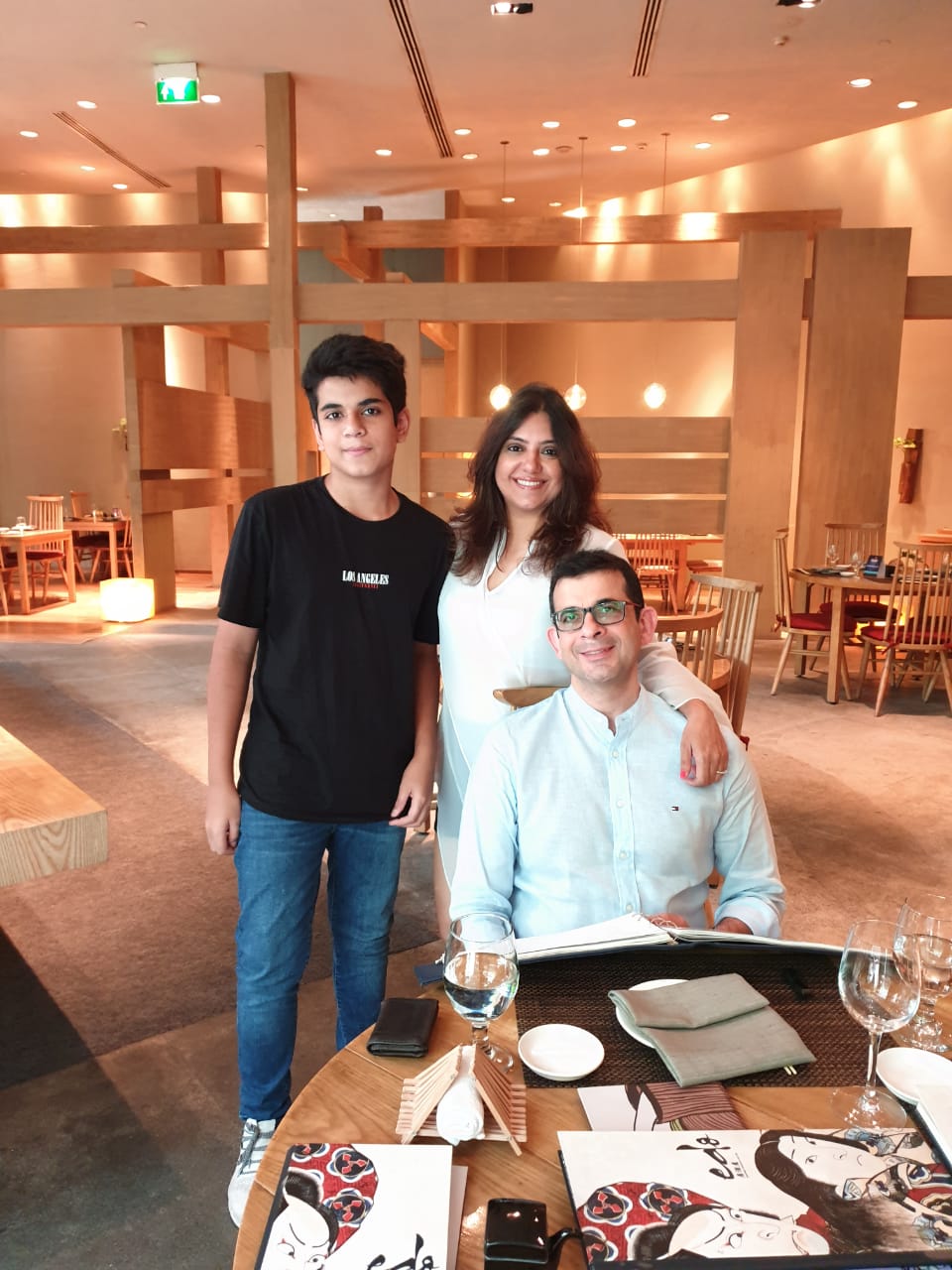 Bobbie with his family[/caption]
Bobbie with his family[/caption]